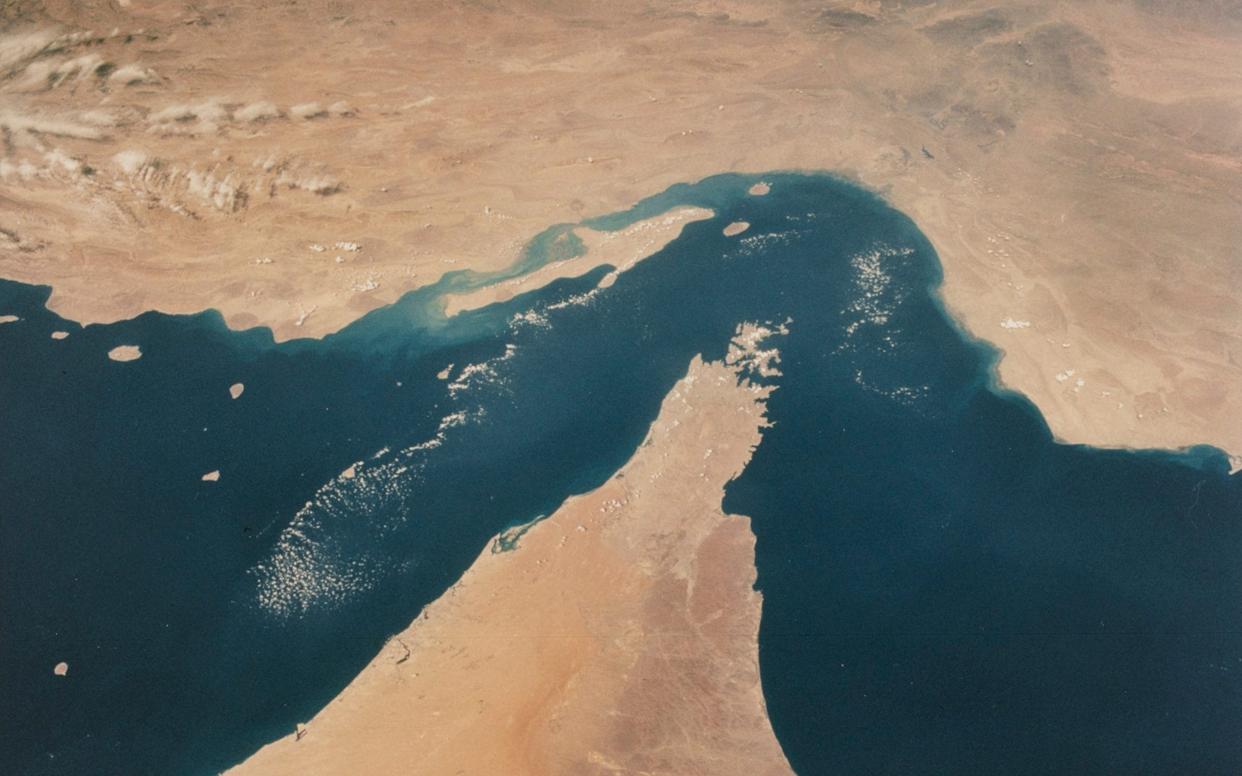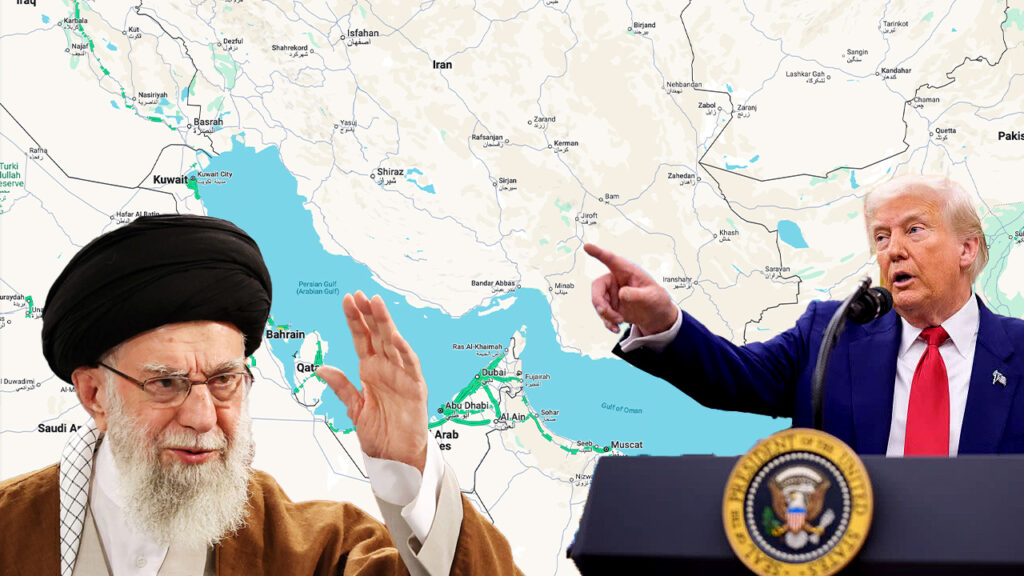The United States is sending a strong message to Iran: don’t try to close the Strait of Hormuz. This narrow waterway is crucial for global oil and gas trade, with around 20% of the world’s supply flowing through it.
US Secretary of State Marco Rubio is calling on China to use its influence to persuade Iran not to take this drastic step.
What’s at Stake?
The Strait of Hormuz is a vital artery for international trade. If Iran were to close it, the consequences would be severe.
Not only would it hurt Iran’s own economy, but it would also have a devastating impact on other countries that rely on the strait for their oil and gas supplies.

Rubio warned that such a move would be “economic suicide” for Iran and would merit a strong response from the US and other countries.
A Warning to Iran
Rubio’s comments came after Iran’s parliament approved a measure to close the Strait of Hormuz. The US has already carried out strikes on Iranian nuclear sites, and Tehran has vowed to defend itself.
However, Rubio cautioned against retaliation, saying it would be “the worst mistake they’ve ever made.” He also emphasized that the US is prepared to talk with Iran and find a peaceful resolution to the conflict.
China’s Role
The US is urging China to play a key role in resolving the situation. As a major importer of oil and gas, China has a significant stake in keeping the Strait of Hormuz open.
Rubio encouraged the Chinese government to use its influence to persuade Iran not to close the strait.
By doing so, China can help prevent a major escalation of the conflict and protect its own economic interests.
The Situation on the Ground
The US has carried out significant military action against Iranian nuclear sites, using bunker-buster bombs, Tomahawk missiles, and military aircraft.
The strikes mark a major escalation of the conflict, and the US is prepared to take further action if necessary.
However, Rubio emphasized that the US is committed to finding a peaceful resolution and is willing to talk with Iran to achieve that goal.

